
Factsheet: EU and Georgia
The EU and Georgia signed an Association Agreement in 2014, which entered fully into force in July 2016. This agreement provides the foundations for political association and economic integration. Key benefits building blocks from this relationship include a Deep and Comprehensive Free Trade Area (DCFTA), which opens the EU market to Georgian business and products, and visa free travel to the Schengen area for Georgian citizens since 28 March 2017. The EU is Georgia’s largest donor and provides over €120 million of grant money annually to support Georgia’s ambitious reform agenda.
Georgia is on the way towards legal gradual alignment with the EU. Over a third of the legal acts listed in the Association Agreement have already been aligned, providing European standards for Georgian citizens.
More than 500,000 Georgian citizens have travelled to the EU without a visa on a total of over 1 million trips since the introduction of the visa liberalisation in 2017.
The EU is Georgia’s main trading partner, with a 27% share of its total trade in 2020.
RECOVERY. RESILIENCE. REFORM
ECONOMY
In 2020, an estimated 19,000 SMEs, 24% run by women, were supported through EU4Business in Georgia. This has led to the creation of 10,000 jobs, while over 90,000 jobs were sustained during the pandemic.
INSTITUTIONS
Over 90,000 people in remote areas have access to 200 public and banking services thanks to 76 community centres, which the EU helped establish. Over 90,000 people in remote areas have access to 200 public and banking services thanks to 76 community centres, which the EU helped establish.
GREEN
Thanks to the EU’s investment, Georgia is now home to the first commercial wind farm in the Caucasus.
SOCIETY
Over 11,000 students and academic staff exchanges have taken place between Georgia and the EU within Erasmus+ since 2014.
DIGITAL
Under EU4Digital, the EU and Georgia are piloting solutions to increase cross-border e-commerce with the EU by 50%.
ECONOMIC & INVESTMENT PLAN
The EU supports Georgia with concrete investments to help post-pandemic recovery and improve the lives of Georgian citizens. In the coming years, the EU will invest in the following five flagship projects:
- Reliable internet through a Black Sea data cable and electricity cable
- Ferry connections in the Black Sea
- Support to 80,000 SMEs
- High-speed internet for 1,000 rural communities
- Cleaner air for 1 million people
COVID-19 RESPONSE
The EU reacted fast and responded to the urgent needs of Georgia and its citizens. As part of Team Europe, the EU mobilised a tailor-made COVID-19 response package of over
€183 million to support immediate needs and socio-economic recovery. In addition,
Georgia also received €150 million in macro-financial assistance. This helped the Government preserve over 400,000 jobs and provide targeted social assistance to over 78,000 vulnerable families and 45,000 people with disabilities. Georgian frontline responders and laboratories received almost 2 million pieces of medical supplies, ventilators and protective equipment. Georgia receives vaccines through the COVAX Facility, supported by Team Europe with over €3 billion, and bilaterally from EU Member States. Since 15 November 2021, digital COVID certificates are mutually recognised between the EU and Georgia.
European Commission: ec.europa.eu/neighbourhood-enlargement/georgia l twitter.com/eu_near
European External Action Service: eeas.europa.eu/delegations/georgia l twitter.com/eu_eeas
Download
MOST READ
RELATED
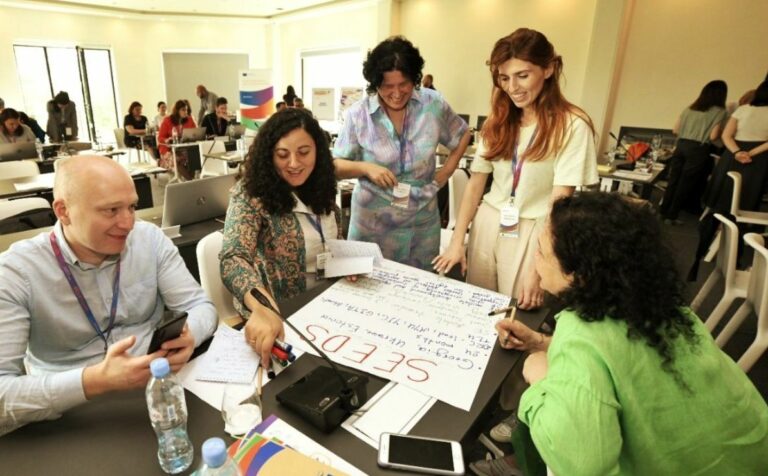
EU4Youth Newsletter: Welcome to the EU4Youth Stakeholder Hub!
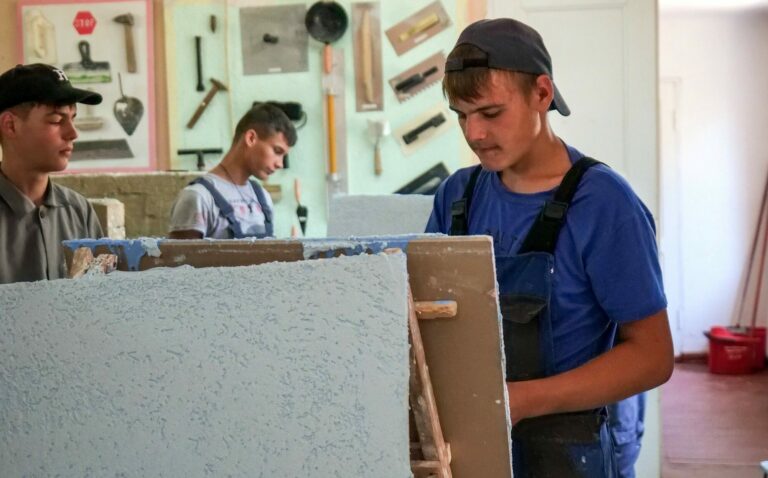
EU4Youth develops Youth Wiki reports on Youth Employment and Employability
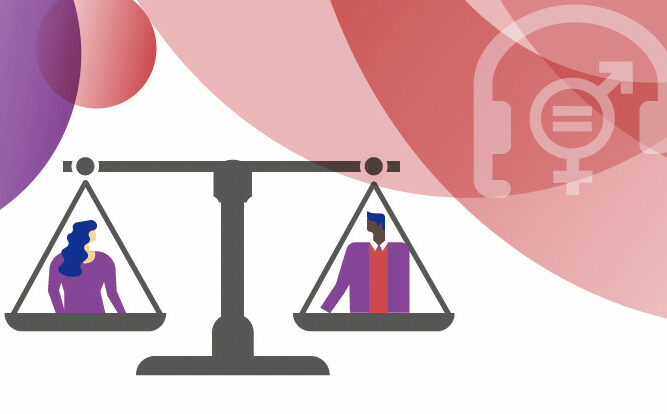
EU4Gender Equality Reform Helpdesk’s support (2021-2024) for Georgia
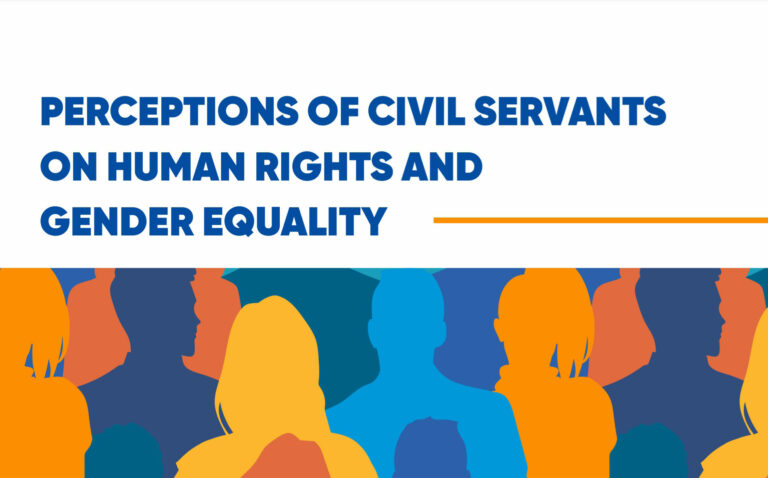
Perceptions of civil servants on human rights and gender equality
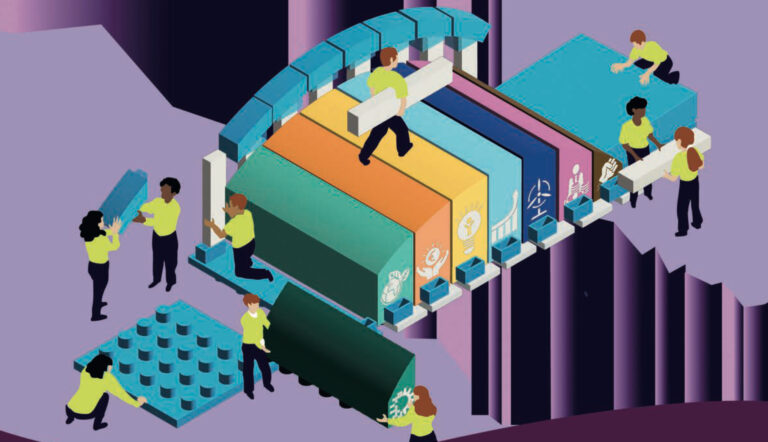
SME Policy Index: Eastern Partner Countries 2024 – Building Resilience in Challenging Times
More campaign pages:
Interested in the latest news and opportunities?
This website is managed by the EU-funded Regional Communication Programme for the Eastern Neighbourhood ('EU NEIGHBOURS east’), which complements and supports the communication of the Delegations of the European Union in the Eastern partner countries, and works under the guidance of the European Commission’s Directorate-General for Neighbourhood Policy and Enlargement Negotiations, and the European External Action Service. EU NEIGHBOURS east is implemented by a GOPA PACE-led consortium. It is part of the larger Neighbourhood Communication Programme (2020-2024) for the EU's Eastern and Southern Neighbourhood, which also includes 'EU NEIGHBOURS south’ project that runs the EU Neighbours portal.

The information on this site is subject to a Disclaimer and Protection of personal data. © European Union,







